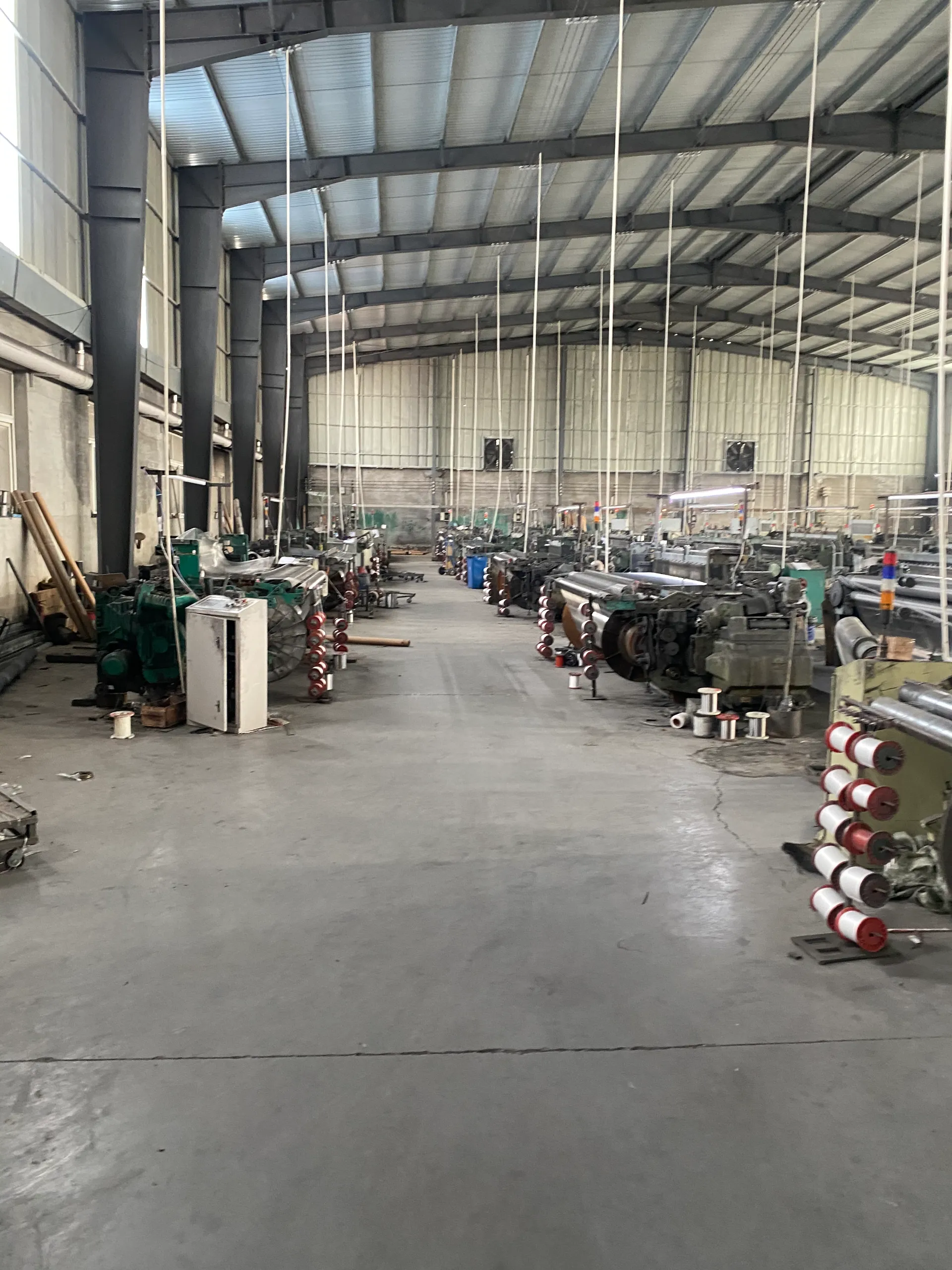-
 Afrikaans
Afrikaans -
 Albanian
Albanian -
 Amharic
Amharic -
 Arabic
Arabic -
 Armenian
Armenian -
 Azerbaijani
Azerbaijani -
 Basque
Basque -
 Belarusian
Belarusian -
 Bengali
Bengali -
 Bosnian
Bosnian -
 Bulgarian
Bulgarian -
 Catalan
Catalan -
 Cebuano
Cebuano -
 China
China -
 Corsican
Corsican -
 Croatian
Croatian -
 Czech
Czech -
 Danish
Danish -
 Dutch
Dutch -
 English
English -
 Esperanto
Esperanto -
 Estonian
Estonian -
 Finnish
Finnish -
 French
French -
 Frisian
Frisian -
 Galician
Galician -
 Georgian
Georgian -
 German
German -
 Greek
Greek -
 Gujarati
Gujarati -
 Haitian Creole
Haitian Creole -
 hausa
hausa -
 hawaiian
hawaiian -
 Hebrew
Hebrew -
 Hindi
Hindi -
 Miao
Miao -
 Hungarian
Hungarian -
 Icelandic
Icelandic -
 igbo
igbo -
 Indonesian
Indonesian -
 irish
irish -
 Italian
Italian -
 Japanese
Japanese -
 Javanese
Javanese -
 Kannada
Kannada -
 kazakh
kazakh -
 Khmer
Khmer -
 Rwandese
Rwandese -
 Korean
Korean -
 Kurdish
Kurdish -
 Kyrgyz
Kyrgyz -
 Lao
Lao -
 Latin
Latin -
 Latvian
Latvian -
 Lithuanian
Lithuanian -
 Luxembourgish
Luxembourgish -
 Macedonian
Macedonian -
 Malgashi
Malgashi -
 Malay
Malay -
 Malayalam
Malayalam -
 Maltese
Maltese -
 Maori
Maori -
 Marathi
Marathi -
 Mongolian
Mongolian -
 Myanmar
Myanmar -
 Nepali
Nepali -
 Norwegian
Norwegian -
 Norwegian
Norwegian -
 Occitan
Occitan -
 Pashto
Pashto -
 Persian
Persian -
 Polish
Polish -
 Portuguese
Portuguese -
 Punjabi
Punjabi -
 Romanian
Romanian -
 Russian
Russian -
 Samoan
Samoan -
 Scottish Gaelic
Scottish Gaelic -
 Serbian
Serbian -
 Sesotho
Sesotho -
 Shona
Shona -
 Sindhi
Sindhi -
 Sinhala
Sinhala -
 Slovak
Slovak -
 Slovenian
Slovenian -
 Somali
Somali -
 Spanish
Spanish -
 Sundanese
Sundanese -
 Swahili
Swahili -
 Swedish
Swedish -
 Tagalog
Tagalog -
 Tajik
Tajik -
 Tamil
Tamil -
 Tatar
Tatar -
 Telugu
Telugu -
 Thai
Thai -
 Turkish
Turkish -
 Turkmen
Turkmen -
 Ukrainian
Ukrainian -
 Urdu
Urdu -
 Uighur
Uighur -
 Uzbek
Uzbek -
 Vietnamese
Vietnamese -
 Welsh
Welsh -
 Bantu
Bantu -
 Yiddish
Yiddish -
 Yoruba
Yoruba -
 Zulu
Zulu
Understanding Wire Mesh Gauge Specifications and Their Applications in Various Industries
Understanding the Gauge of Wire Mesh An Essential Guide
Wire mesh is an incredibly versatile material used in a variety of applications, from construction to agriculture, and manufacturing to DIY projects. One crucial factor that determines the performance and quality of wire mesh is its gauge, which refers to the thickness of the wire used in its construction. Understanding wire mesh gauge is vital for selecting the right type for your specific needs.
What is Wire Mesh Gauge?
Wire mesh gauge is a numerical representation of the wire's diameter or thickness. In the wire industry, a higher gauge number indicates a thinner wire, while a lower gauge number signifies a thicker wire. For example, a 10-gauge wire mesh is thicker than a 20-gauge wire mesh. This system can sometimes be confusing because it operates on an inverse relationship – the smaller the gauge number, the larger the wire diameter.
Importance of Wire Gauge
The gauge of wire mesh influences several key characteristics, including strength, durability, weight, and flexibility
.1. Strength Thicker wires (lower gauge numbers) typically offer greater tensile strength. This makes them suitable for heavy-duty applications such as fencing, construction reinforcement, and industrial storage. Conversely, thinner wires (higher gauge numbers) might be better suited for light-duty applications or decorative purposes.
2. Durability In environments where mesh is exposed to physical stress, corrosion, or harsh weather conditions, selecting the appropriate gauge is crucial for ensuring longevity. Thicker wires are more resistant to deformation and wear, which is essential for outdoor applications.
gauge of wire mesh

3. Weight The weight of the wire mesh will also depend on the gauge. Thicker wire meshes will naturally weigh more than thinner counterparts, which can affect transportation and installation processes. If weight is a critical factor, such as in portable fencing or temporary structures, these considerations become vital.
4. Flexibility Thinner wires tend to be more flexible, making them suitable for applications where some degree of manipulation or bending is required. For instance, 23-gauge wire mesh may be used in projects that require shaping or cutting to fit specific dimensions.
Common Applications of Wire Mesh
The applications of wire mesh vary widely, and the gauge chosen will significantly impact its functionality.
- Construction In construction, wire mesh is often used for reinforcing concrete. Thicker gauges (like 10 or 12 gauge) provide ample support, helping to distribute weight and prevent cracking. - Fencing A popular use of wire mesh is in the creation of fences. The gauge selected will depend on the purpose of the fence; for livestock containment, a thicker gauge is necessary to withstand pressure, while for garden protection, a lighter gauge may suffice.
- Screening In industries such as mining and agriculture, wire mesh is used for screening and sifting materials. Specific gauges are chosen based on the types of materials being processed.
Conclusion
When selecting wire mesh for your projects, understanding the significance of gauge is crucial. The gauge not only affects the structural integrity and suitability for specific applications but also influences overall performance and longevity. By carefully evaluating the required characteristics and the intended use, you can ensure you choose the right gauge of wire mesh to meet your specific needs. Whether you are a professional contractor or a DIY enthusiast, grasping the concept of wire mesh gauge is an invaluable tool in your arsenal.
-
Shipping Plastic Bags for Every NeedNewsJul.24,2025
-
Safety Netting: Your Shield in ConstructionNewsJul.24,2025
-
Plastic Mesh Netting for Everyday UseNewsJul.24,2025
-
Nylon Netting for Every UseNewsJul.24,2025
-
Mesh Breeder Box for Fish TanksNewsJul.24,2025
-
Expanded Steel Mesh Offers Durable VersatilityNewsJul.24,2025











